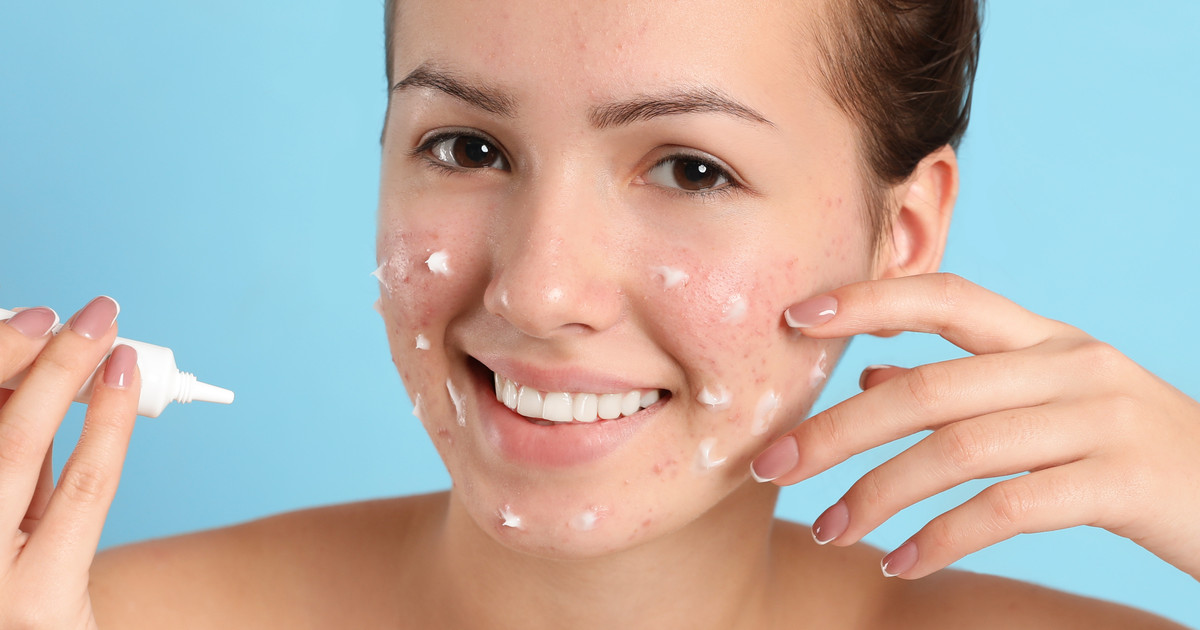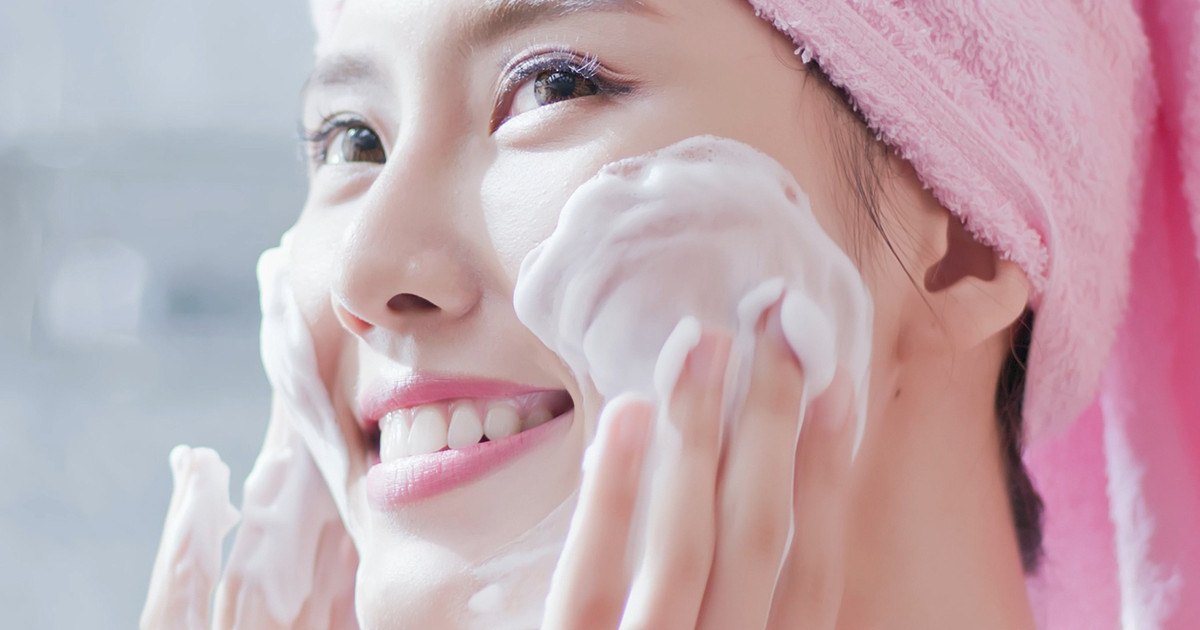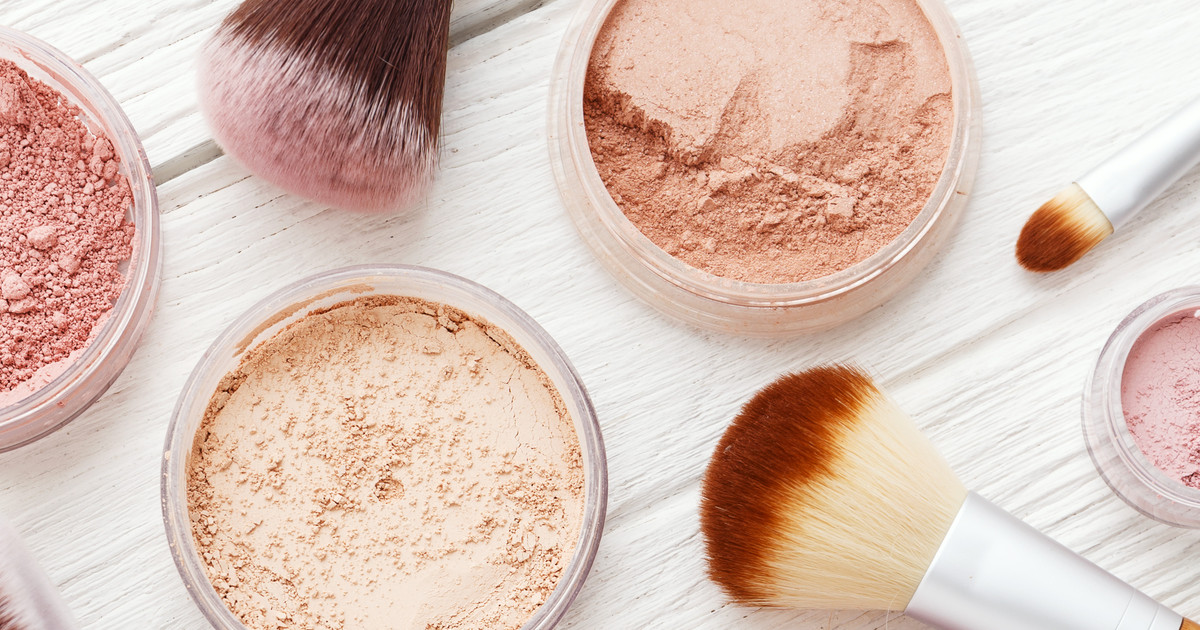Skincare Tips For Adult Acne
Everyone experiences acne in their lifetime. The vast majority deal with acne during their teens when they’re dealing with increased hormones and puberty. What many don’t realize, however, is acne can also occur in adulthood! Adult acne can range from simple pimples and whiteheads to more serious issues like cystic acne. Adult acne commonly affects the face, though it also occurs on the chest, shoulders, and back. Adult acne, especially cystic acne, often results in acne scars.
The great news is adult acne is very treatable! Everything from clogged pores on the chin to serious cystic acne can be treated with acne skincare! Many products contain benzoyl peroxide or salicylic acid to treat acne and deal with acne scar removal. Clindamycin for acne is also quite common, and some even point to Advil for acne. Get into skincare for adult acne now!

Apply Topical Acne Medication
When dealing with adult acne, topical acne medication is a key part of a woman’s skincare routine. These medications come in both gel and cream form. The active ingredients in these products perform varying functions based on the type and severity of adult acne. Many topical acne medications contain antibiotics like clindamycin, which focuses on killing bacteria responsible for acne. This is a prime example of treating cystic acne! Topical retinoids, which are forms of vitamin A, also help treat adult acne. Many women use topical treatments including salicylic acid or benzoyl peroxide as well. Speaking to a dermatologist to determine what active ingredient will be the most effective is crucial.
See A Dermatologist
Women who are confused about their acne and skin should speak to a dermatologist to get personalized advice on their acne. Professional advice makes the world of difference in even mild cases of adult acne. Dermatologists can accurately identify a person’s skin type, which does affect the kinds of products they must use in their skincare routine. Someone with oily skin, for example, is best off using products designed for oily skin rather than those designed for dry skin. And yes, as mentioned, they also provide advice on what active ingredients in topical acne treatments are best suited for each person.

Wash Face Twice A Day
Women with adult acne should wash their face twice a day: in the morning and at night. This makes sure their skin is clean and clears away dirt, oil, and makeup from their pores. Washing the face twice a day also ensures the skin absorbs topical acne treatments the best it can. Putting these medications on dirty skin means it won’t absorb them well. They won’t work this way!
Using the right kind of cleanser is also crucial when washing the face twice a day. There are special acne cleansers out there. There are also some designed for dry skin and yes, people with dry skin do deal with adult acne! Picking the appropriate cleanser is vital when washing the face twice a day to ensure the skin isn’t stripped too much. This can have the opposite effect when treating acne breakouts.
Avoid Abrasive Skincare Products
Once again, the choice of skincare products is very important when treating adult acne. Specifically, adults should avoid abrasive and harsh skincare products. These kinds of products overly strip the skin, clog pores, worsen breakouts. They also cause overall damage to the skin, leaving it quite sensitive.
Exfoliating cleansers are popular among those with adult acne, but physical exfoliants are typically too harsh on the skin. Instead, people should choose chemical exfoliants. These still get rid of dead skin and treat acne, but aren’t physically damaging or as harsh on the skin. It’s also important to choose fragrance-free and non-comedogenic products. These won’t cause allergic reactions or clog the pores, both of which trigger adult acne.

Choose The Right Kind Of Makeup
Choosing the right kind of makeup is crucial for women dealing with adult acne. It may come as a surprise, but many beauty products can clog the pores, leading to irritation and breakouts. Looking at the ingredients in makeup is important to prevent this. There are many makeup products out there designed for acne-prone skin as well as sensitive skin. Look for products marked oil-free and fragrance-free to begin. Non-comedogenic, mentioned earlier, means the product won’t clog the pores.
Mineral makeup is very good at absorbing oil and masking redness and blemishes on the skin. Powdered foundations are best when dealing with oily skin, though liquid concealers can help with hiding existing marks without increasing oil production.